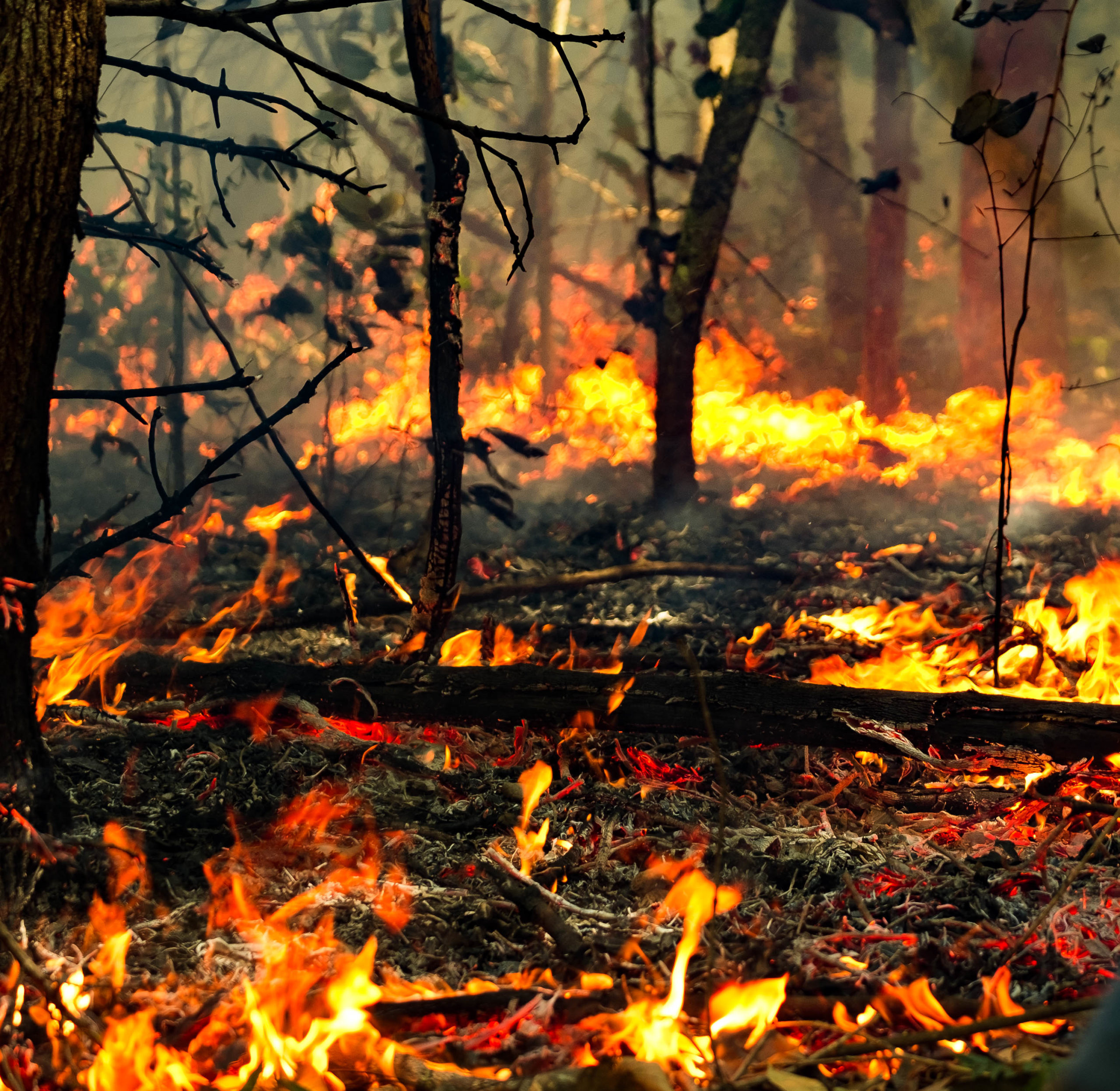
Posted by Ted Feldpausch
21 December 2020The fire regime of tropical forests is changing rapidly, with implications for forest cover, carbon storage, species composition, biodiversity, function, and climate. These changes are having a range of impacts over varying spatiotemporal scales and are explored in a journal special issue on the Transformation of Tropical Forests through Fire.
While deforestation and fire occurrence had been declining over the first half of the past decade, record fires are now being observed for Amazonia. The response of contemporary forests to increasing fire may depend on a number of factors, including sensitivity of species to fire, past and present fire regimes, fire adaptations, landscape configuration, environment, and climate, with potential post-fire lag effects that are poorly understood. For example, it is unclear over what spatiotemporal scales the present fire regimes differ from the past. Historical fire regimes may have selected species with fire-resistant traits for some regions. Landscape fragmentation is altering edge and interior forest conditions. Deforestation and burning are also transforming soils, with implications for carbon storage and post-fire land-use. The consequences of these transformations of tropical forests through fire require further research.
Journal Tropic Editors Ted Feldpausch, France Gerard, Gustavo Saiz, and Ane Alencar invite submissions to a special issue on the Transformation of Tropical Forests through Fire in Frontiers Forests and Global Change – Tropical Forests. This topic will focus on current and past changes to tropical forests due to fire, including selective logging, deforestation, intact forests, secondary forests, land-cover land-use change, shifting fire regime, drought, and climate change.

Burned forest in southern Amazonia. Photo credit: Ted Feldpausch
The themes covered in this topic include:
• Current and past impacts of fire, including the historical record
• Post-fire changes in soil and vegetation composition, structure, carbon storage, dynamics, fuel load, and fire risk
• Use of fire in agricultural practices by local communities
• Definitions of forest degradation and forest resilience to fire
• Phylogenetic, physiological, anatomical, and structural adaptations to fire
• Policy, management, and conservation options to address the effects of fire
• Future response and fire regime to climate change
More information and to contribute to the special issue: https://www.frontiersin.org/research-topics/18495/transformation-of-tropical-forests-through-fire
Credit header photo: Paulo Brando